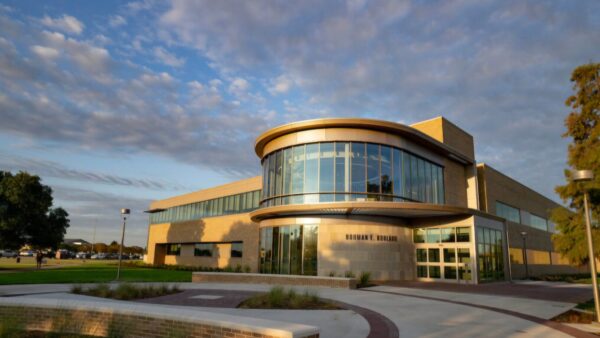Every June, we invite all our full-time employees and their families to the Wisconsin Dells. The company covers two hotel nights, provides dinner Friday and Saturday nights and a $100 gift card. We recognize professional and personal milestones and provide a company update Friday night. The rest of the weekend is theirs to enjoy. How those days have been spent is a diverse collection of stories from all-day (and night!) at the waterparks to reading a book by the pool.
In 2018, we had more than 82 percent of our full-time employees attend and benefits to the company and employees cannot be overstated. Below are three keys we’ve learned when planning a successful employee appreciation event.
It’s Not About “the Company”
When planning the first event, I envisioned a series of company presentations from each location and “allowing” employees to present the successes of each facility. I quickly learned that employees were not as excited about giving a presentation to the entire company as I was! An employee appreciation event isn’t about promoting the business; it’s about showing appreciation of the employees and their families. The last thing a family with young children wants to do is try to keep the kids quiet for a two-hour annual review of the company’s success metrics. A short company update (without PowerPoint) delivered through stories, is more relatable and memorable.
Employees Should Plan the Event
The first two employee appreciation weekends were planned by the company’s leadership, while the third was planned by a committee of employees. Which of the three do you think had the best attendance and highest rated feedback? Providing a few guidelines and letting employees plan the event ensures that the employees and their families feel the event is about them and not just another company meeting.
Make it Personal

Announcing high school graduations, marriages, births and other major family moments at the beginning of the event gives employees great conversation material and will help stimulate interaction. Encouraging those with supervisory roles to share other positive, personal stories during their interactions at the event will help more reserved employees open up and engage, which creates a more comfortable atmosphere.
In short, any event that is designed to show employees that the company values their contributions needs to have the employees and their families at the heart. Incorporating the lessons we’ve learned will help your next employee appreciation event be more engaging and memorable.









